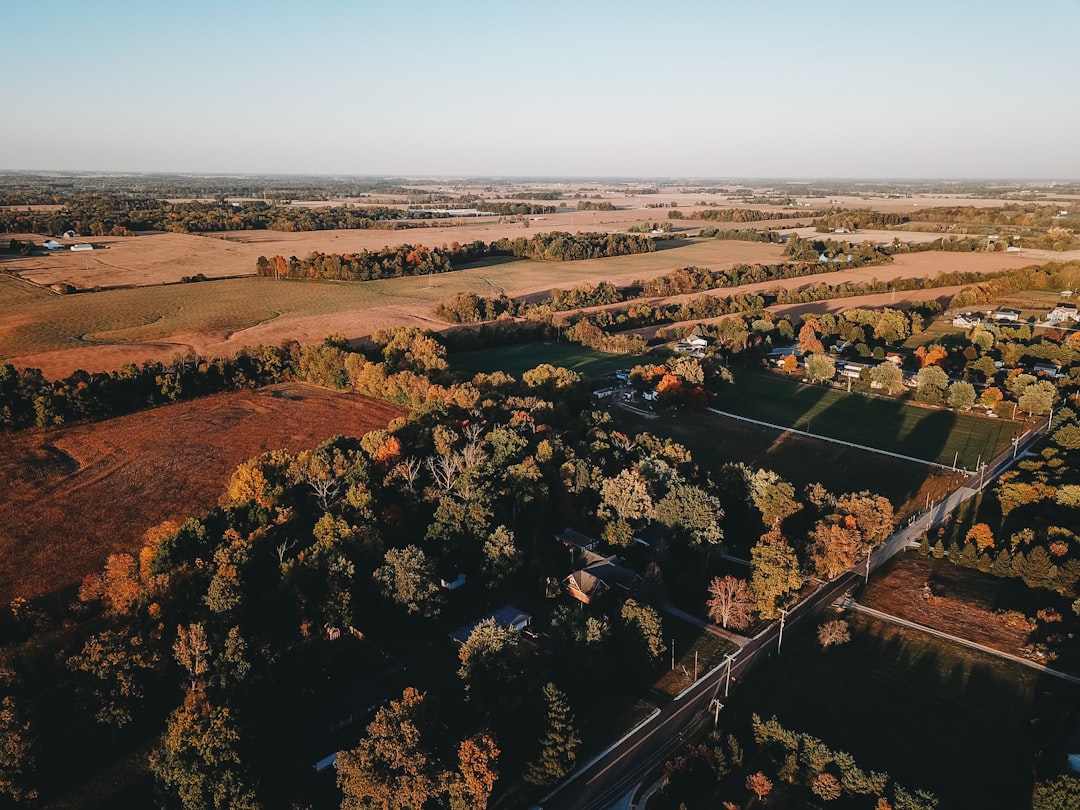Indiana residents have legal protections against abusive debt collection practices, including a strict "Do Not Call" law for creditors and collectors. Federal laws like the FDCPA and state regulations prevent unfair tactics, such as harassing calls or misrepresenting debt amounts. Consumers can register on the Do Not Call list to stop direct marketing calls from law firms in Indiana. Adhering to these rules is crucial for both debtors and creditors to avoid legal repercussions.
In Indiana, understanding your rights and legal recourse against wrongful debt collection practices is crucial. With a plethora of collection agencies operating within the state, knowing how to navigate these complex issues can protect you from unfair treatment. This article explores Indiana’s laws surrounding wrongful debt collection, highlighting your rights and the actions available if you’ve been a victim. We also delve into specific practices deemed unlawful, providing insights on holding debt collectors accountable, including the role of ‘Do Not Call’ law firms in offering protection.
Understanding Wrongful Debt Collection Laws in Indiana

In Indiana, wrongful debt collection is a serious matter with severe consequences for creditors or debt collectors who violate consumer rights. The state has specific laws in place to protect consumers from unfair and illegal debt collection practices, including the Do Not Call law, which restricts direct contact with consumers through phone calls, emails, or letters. This law, often referred to as the “Indiana Do Not Call Registry,” empowers individuals to opt-out of unsolicited communication from debt collectors.
Understanding these laws is crucial for both debtors and creditors. Debtors should be aware of their rights and the legal recourse available if they face wrongful debt collection activities. Creditors, on the other hand, must adhere to the regulations to avoid legal penalties and maintain a positive reputation. Indiana’s legal framework provides a clear path for resolving disputes related to debt collection, ensuring fairness and transparency throughout the process.
Your Rights When Dealing with Debt Collectors

When facing wrongful debt collection practices in Indiana, it’s crucial to know your rights. Federal laws, such as the Fair Debt Collection Practices Act (FDCPA), protect consumers from abusive or unfair methods used by debt collectors. These include restrictions on when and how often they can contact you, especially at unreasonable hours or through persistent harassment.
Indiana also has its own collection laws that mirror federal regulations, ensuring additional safeguards for debtors. If a debt collector violates these rules, like demanding payment in a threatening manner or using false information to collect a debt, you have legal recourse. You may choose to file a complaint with the Indiana Attorney General’s Office or seek legal advice from an attorney specializing in consumer rights, even considering options like suing for damages if appropriate. Remember, do not hesitate to assert your rights; knowing your protections is the first step towards ensuring fair treatment during debt collection processes, and you need not directly call law firms in Indiana for assistance unless specifically advised by a professional.
What Constitutes Unfair Debt Collection Practices?

Unfair debt collection practices can include a variety of actions taken by creditors or debt collectors that are deemed abusive, misleading, or harassing. In Indiana, such practices are regulated by federal laws like the Fair Debt Collection Practices Act (FDCPA) as well as state-specific regulations. Creditors and collectors who violate these rules may face legal consequences.
Examples of unfair debt collection practices in Indiana include repeated phone calls with intent to annoy or harass, using abusive language, misrepresenting the amount owed, failing to verify the debt, and threatening actions they cannot legally take, such as arrest or seizing property, especially if they have been told that the consumer does not owe the debt. Moreover, it’s crucial to remember that creditors and collectors in Indiana must comply with rules regarding when and where they can contact consumers, including restrictions on calling before 8 a.m. or after 9 p.m., as well as refraining from contacting consumers at their places of work if informed not to do so. Do Not call law firms Indiana should also be heeded by collectors, as any such calls could trigger legal action.
Legal Actions Against Debt Collectors in Indiana

In Indiana, individuals who believe they’ve been subjected to wrongful debt collection practices have legal recourse. The Fair Debt Collection Practices Act (FDCPA) prohibits abusive, unfair, or deceptive acts by debt collectors. If a debt collector harasses, threatens, or uses false information to collect a debt, it may be considered a violation. Indiana residents can take legal action against these collectors, including filing complaints with the Indiana Attorney General’s office and seeking damages through litigation.
When considering legal actions against debt collectors in Indiana, it’s important to remember that there are specific guidelines and time limits involved. For instance, you should avoid communicating directly with law firms about your situation unless they’ve been retained by a creditor—do not call law firms if you’re trying to resolve the issue yourself, as this could be interpreted as a violation of the FDCPA. Consulting with an attorney who specializes in debt collection issues can help protect your rights and navigate the legal process effectively.
Do Not Call Law Firms: Navigating Debt Collection Legal Recourse

In Indiana, consumers have legal protections against abusive or false debt collection practices. One important aspect to understand is the “Do Not Call” list for law firms engaged in debt collection. This list, regulated by the Federal Trade Commission (FTC), allows individuals to restrict direct marketing calls from certain entities, including law firms dealing with debt collection. By registering your phone number on this list, you can prevent unwanted calls from these firms, providing a valuable first step in navigating your legal recourse.
This measure offers significant peace of mind and control over the situation. It’s crucial for Indiana residents facing wrongful debt collection practices to be aware of their rights and available protections. Understanding how to interact with debt collectors and what steps to take, such as registering on the Do Not Call list, can empower individuals to protect themselves from further harassment or incorrect actions.






